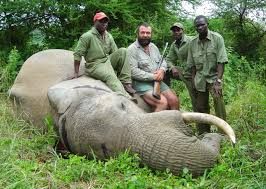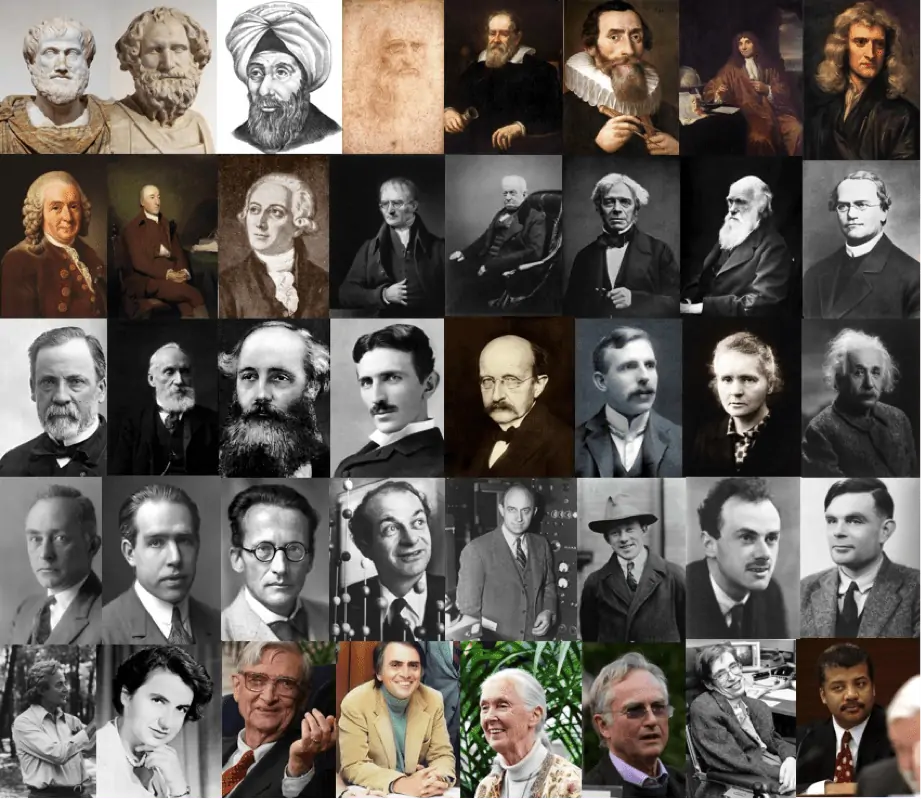Stamp: István Fekete, Kálmán Kittenberger and Zsigmond Széchenyi (Hungary 2021)
István Fekete, Kálmán Kittenberger and Zsigmond Széchenyi (Hungary 2021)
25 September (Hungary ) within release World of Hunting and Nature Exhibition (2021) goes into circulation Stamp István Fekete, Kálmán Kittenberger and Zsigmond Széchenyi face value 1,500 Hungarian forint
| Stamp István Fekete, Kálmán Kittenberger and Zsigmond Széchenyi in catalogues | |
|---|---|
| Colnect codes: | Col: HU 2021-40SSa |
Stamp is horizontal format.
stamp from souvenir sheetAlso in the issue World of Hunting and Nature Exhibition (2021):
- Se-tenant - "One With Nature" World of Hunting and Nature Exhibition face value 2,460;
- Stamp - European Fallow Deer (Dama dama) face value 425;
- Stamp - European Hare, Grey Partridge and Pheasant face value 200;
- Souvenir Sheet - István Fekete, Kálmán Kittenberger and Zsigmond Széchenyi face value 1,500;
- Stamp - István Fekete, Kálmán Kittenberger and Zsigmond Széchenyi face value 1,500;
- Stamp - Mallard (Anas platyrhynchos) face value 200;
- Stamp - Mouflon (Ovis aries) face value 145;
- Stamp - Red Deer (Cervus elaphus) face value 425;
- Stamp - Roe Deer (Capreolus capreolus) face value 460;
- Stamp - Wild Boar (Sus scrofa) face value 145;
- Stamp - Wirehaired Vizsla face value 460;
Stamp István Fekete, Kálmán Kittenberger and Zsigmond Széchenyi it reflects the thematic directions:
In legal discourse, an author is the creator of an original work, whether that work is in written, graphic, or recorded medium. The creation of such a work is an act of authorship. Thus, a sculptor, painter, or composer, is an author of their respective sculptures, paintings, or compositions, even though in common parlance, an author is often thought of as the writer of a book, article, play, or other written work.In the case of a work for hire, the employer or commissioning party is considered the author of the work, even if they did not write or otherwise create the work, but merely instructed another individual to do so.
Famous People refers to the fame and public attention accorded by the mass media to individuals or groups or, occasionally, animals, but is usually applied to the persons or groups of people (celebrity couples, families, etc.) themselves who receive such a status of fame and attention. Celebrity status is often associated with wealth (commonly referred to as fame and fortune), while fame often provides opportunities to make money.
A historian is a person who studies and writes about the past and is regarded as an authority on it. Historians are concerned with the continuous, methodical narrative and research of past events as relating to the human species; as well as the study of all history in time. Some historians are recognized by publications or training and experience. "Historian" became a professional occupation in the late nineteenth century as research universities were emerging in Germany and elsewhere.
Hunting is the human practice of seeking, pursuing, capturing, or killing wildlife or feral animals. The most common reasons for humans to hunt are to exploit the animal's body for meat and useful animal products (fur/hide, bone/tusks, horn/antler, etc.), for recreation/taxidermy (see trophy hunting), although it may also be done for non-exploitative reasons such as removing predators dangerous to humans or domestic animals (e.g. wolf hunting), to eliminate pests and nuisance animals that damage crops/livestock/poultry or spread diseases (see varminting), for trade/tourism (see safari), or for ecological conservation against overpopulation and invasive species.
A scientist is a person who researches to advance knowledge in an area of the natural sciences





